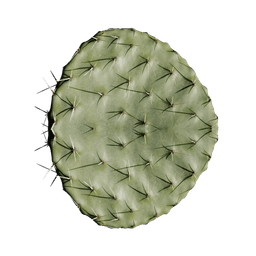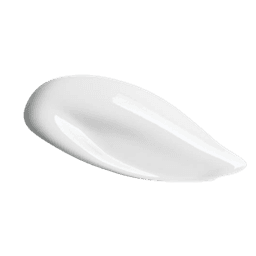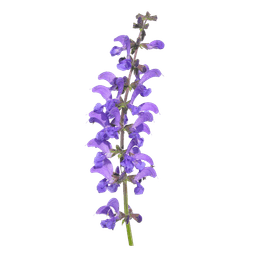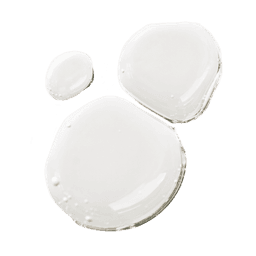Potassium azeloyl diglycinate
Helps control melanin synthesis and production, regulates oil production, and acts to reduce inflammatory triggers.
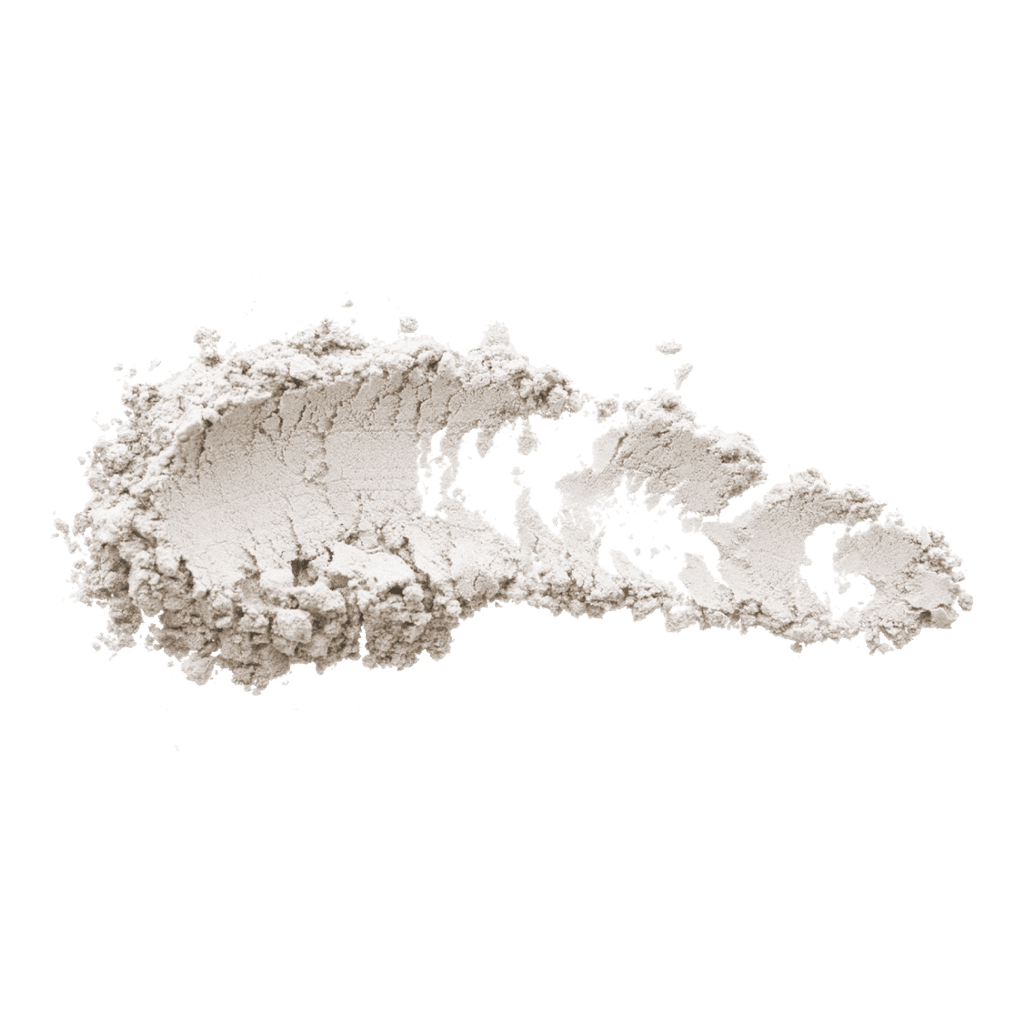
INGREDIENT PROFILE
synonyms
Potassium azeloyl diglycinate Azeloglicina 477773-67-4 Corum 5150 UNII-N02RVN6NYP
INCI
Potassium azeloyl diglycinate
What it Is
A derivative of azelaic acid
What it does
anti-inflammatory and antioxidant effects
Targets
limiting sebum production, act as an anti-inflammatory agent, and inhibiting melanin production Works as a PPAR-gamma activator, creating resilience against the underlying inflammatory responses triggering both acne and hyperpigmentation
Find it in
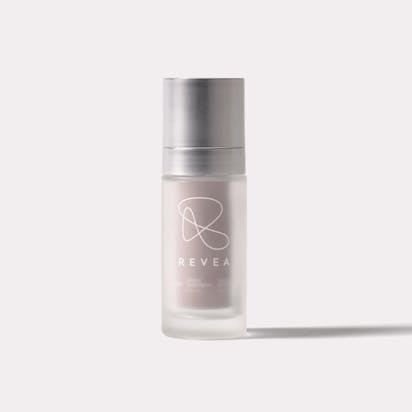 Even element EE1-01
Even element EE1-01Overview
A glycinated derivative of azelaic acid, it performs three primary functions essential for skin health: limiting sebum production, acting as an anti-inflammatory agent, and inhibiting melanin synthesis. Azelaic acid, the core component, is proven effective in treating rosacea, acne, and melasma. Considered a safer alternative to hydroquinone, azelaic acid achieves these results without adverse side effects, making it a preferred alternative for long-term skincare usage. The underlying mechanism of azelaic acid's effectiveness lies in its role as a PPAR-gamma activator. This action builds resilience against the inflammatory responses that trigger both acne and hyperpigmentation.
Skin benefits
Normalizes sebum production Skin brightening Skin hydrating Improves skin elasticity
What research has shown
Azelaic acid is a natural plant-sourced saturated dicarboxylic acid which has demonstrated efficacy as monotherapy or in combination in the treatment of rosacea, acne vulgaris (both inflammatory and comedonal) and several disorders of hyperpigmentation including melasma and post-inflammatory hyperpigmentation. azelaic acid has shown to be particularly effective in the treatment of Rosacea due to its inhibition of KLK5 and through activation of PPARγ. It is this PPARγ activation that also lends azelaic acid to be effetive in the treatment of melanin issues, as PPARs are expressed in human melanocytes and PPAR⍺ and PPARγ activators inhibit melanocyte growth and stimulate melanogenesis.
Peer reviewed science
- Journal of Dermatological Treatment (2022)
- Journal of Cosmetic Dermatology (2023)
- Experimental dermatology (2010)
